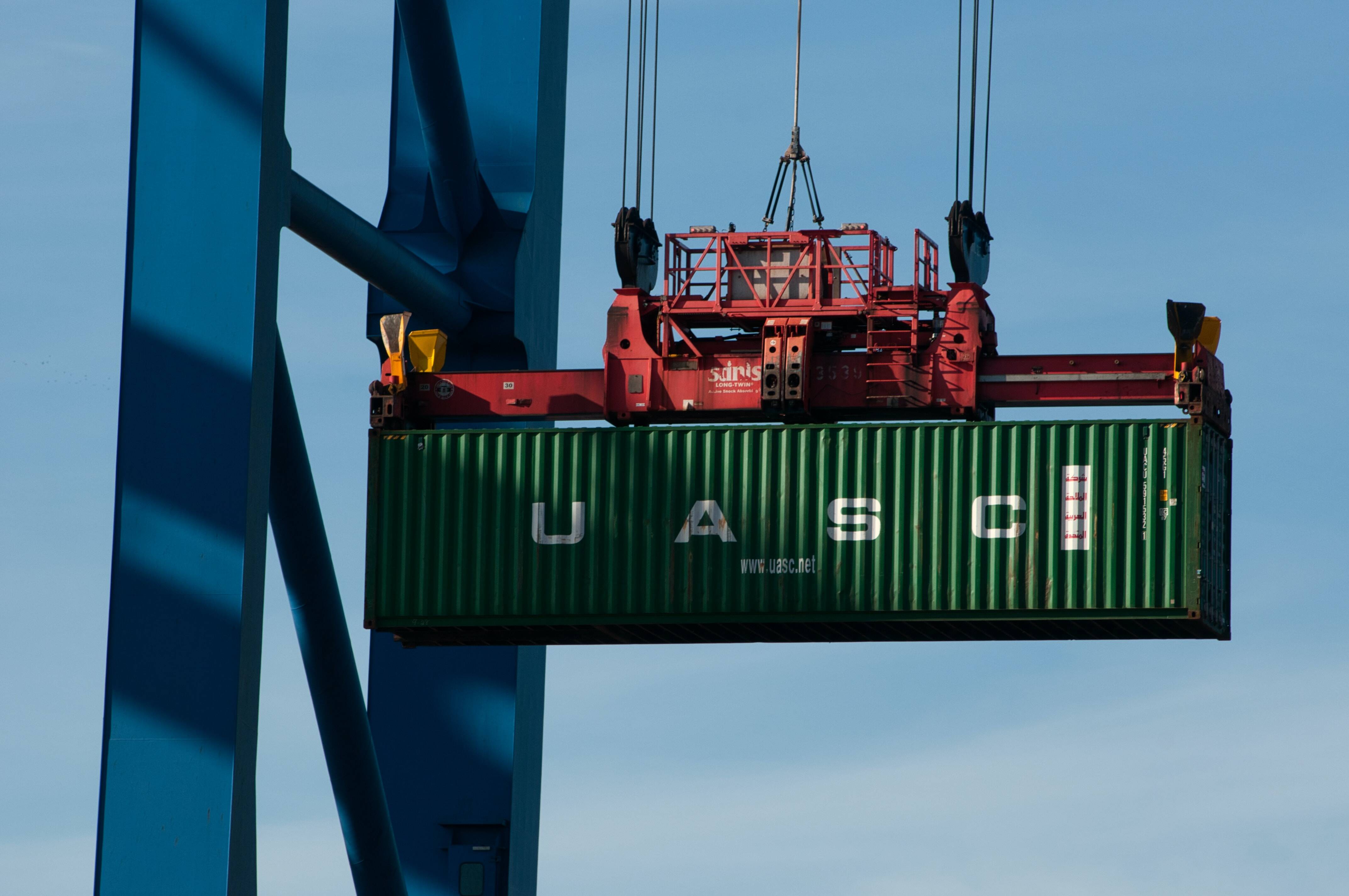HMRC encourages UK Trader Scheme users to take action by 31 July 2023
Any business using the UK Trader Scheme should already be aware that it will cease to exist from 30 September 2023. A new scheme will replace it, but action needs to be taken to ensure a smooth transition. What do you need to know?

The UK Trader Scheme was introduced to ensure that goods entering Northern Ireland from Great Britain that are not "at risk" of entering the EU are not charged EU duty or tariffs after Brexit. However, the scheme was set up under the original withdrawal agreement. Since then, the EU and UK have agreed the Windsor Framework; which includes a new "green lane" for traders moving goods to Northern Ireland. This will simplify administration with less paperwork, fewer checks and duties. Goods moving through the green lane won’t be subject to the same processes that apply to other goods entering Northern Ireland. The trader will only need to submit a simplified dataset, based on commercial information.
As a result, a new scheme - the UK Internal Market Scheme (UKIMS) has been launched. Authorisation to use the scheme must be obtained before using it, and HMRC is warning that applications received after 31 July 2023 may not be processed before the old scheme closes in September. If your business is affected, it is crucial to ensure you move over to UKIMS as soon as possible.
Related Topics
-
Capital gains tax break for job-related accommodation
You’re in the process of selling a property that you bought as your home but because of your job have never lived in. You’ve been told that you’ll have to pay tax on any gain you make, but might a special relief get you off the hook?
-
Should you revoke your 20-year-old option?
Your business has let out a building to a tenant and it is now just over 20 years since you opted to tax the property with HMRC. Should you revoke it so that your tenant no longer needs to pay VAT?
-
Chip shop owner fined £40k for hiring illegal worker
A Surrey fish and chip shop owner has been left in shock after being fined £40,000 for allegedly employing someone who didn’t have the right to work in the UK, even though he conducted a right to work check. Where did this employer go wrong and what can you learn from it?